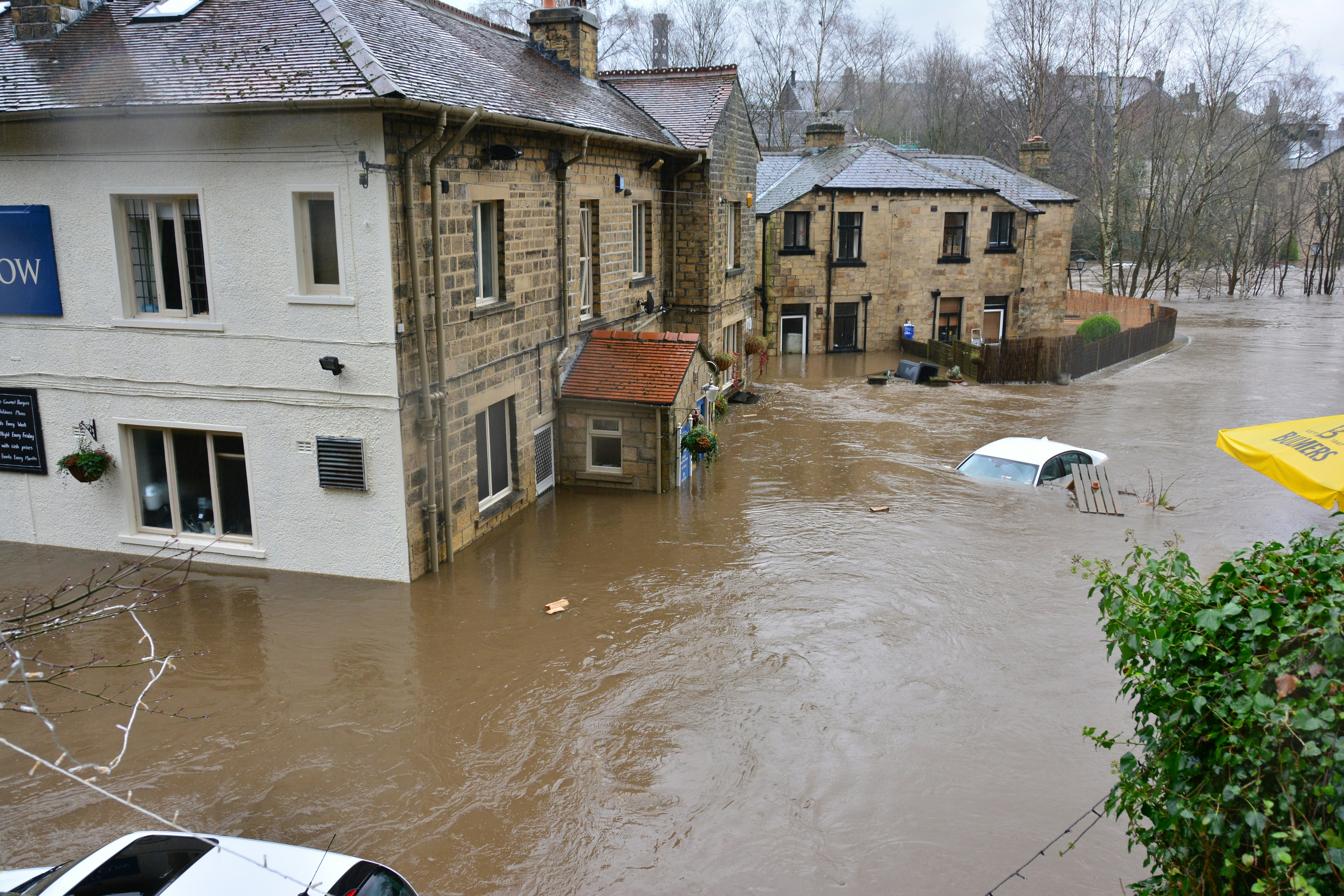Here is a preview of our Increased Flooding Narrative Intelligence brief.

This Increased Flooding narrative is driven by 567 sources in the U.S. Media module, amplifying 3,589 narrative items.
Today, our Narrative AI highlights climate change and its impact on communities. These narratives connect the increasing frequency of severe weather events, such as Hurricane Helene, with local responses, highlighting both the challenges of flooding and innovative solutions for resilience and adaptation.
The issues highlighted in the summary reflect a complex interplay of social, economic, and environmental factors affecting various regions in the United States. Demographically, areas like southwest Florida are home to diverse populations, including retirees and seasonal residents, who are particularly vulnerable to natural disasters like hurricanes. The impact of Hurricane Helene, which is expected to intensify, underscores the growing threat of climate change, as storms become more severe and unpredictable, leading to increased flooding and displacement.
Economically, the aftermath of such storms can be devastating, disrupting local businesses and necessitating costly recovery efforts. The evacuation orders and road closures in Florida illustrate the immediate economic impact on communities, while innovative solutions like the stormwater storage playground in Hoboken represent proactive measures to mitigate future risks and promote resilience.
Politically, the management of emergency responses and infrastructure improvements is critical. The departure of police officers in Wadesboro due to administrative changes highlights potential instability in local governance, which can affect public safety and community trust during crises.
Geographically, the vulnerability of coastal and low-lying areas to flooding is exacerbated by climate change, necessitating strategic planning and investment in resilient infrastructure. The mention of severe weather across the central U.S. and the Gulf Coast indicates a broader pattern of climate-related challenges that require coordinated responses at local, state, and federal levels.
National security considerations also come into play, as the increasing frequency and severity of natural disasters can strain resources and necessitate a reevaluation of emergency preparedness and response strategies. Overall, these interconnected issues highlight the urgent need for comprehensive approaches to address the multifaceted challenges posed by climate change and its impacts on communities.
Our Kudzu Narrative Intelligence brief auto-updates every few hours with fresh analysis:
Note: Kudzu Narrative Intelligence briefs update every few hours. Very likely, the Narrative Analysis above will have changed as well.
Image Credit for Article Header: Photo by Chris Gallagher on Unsplash